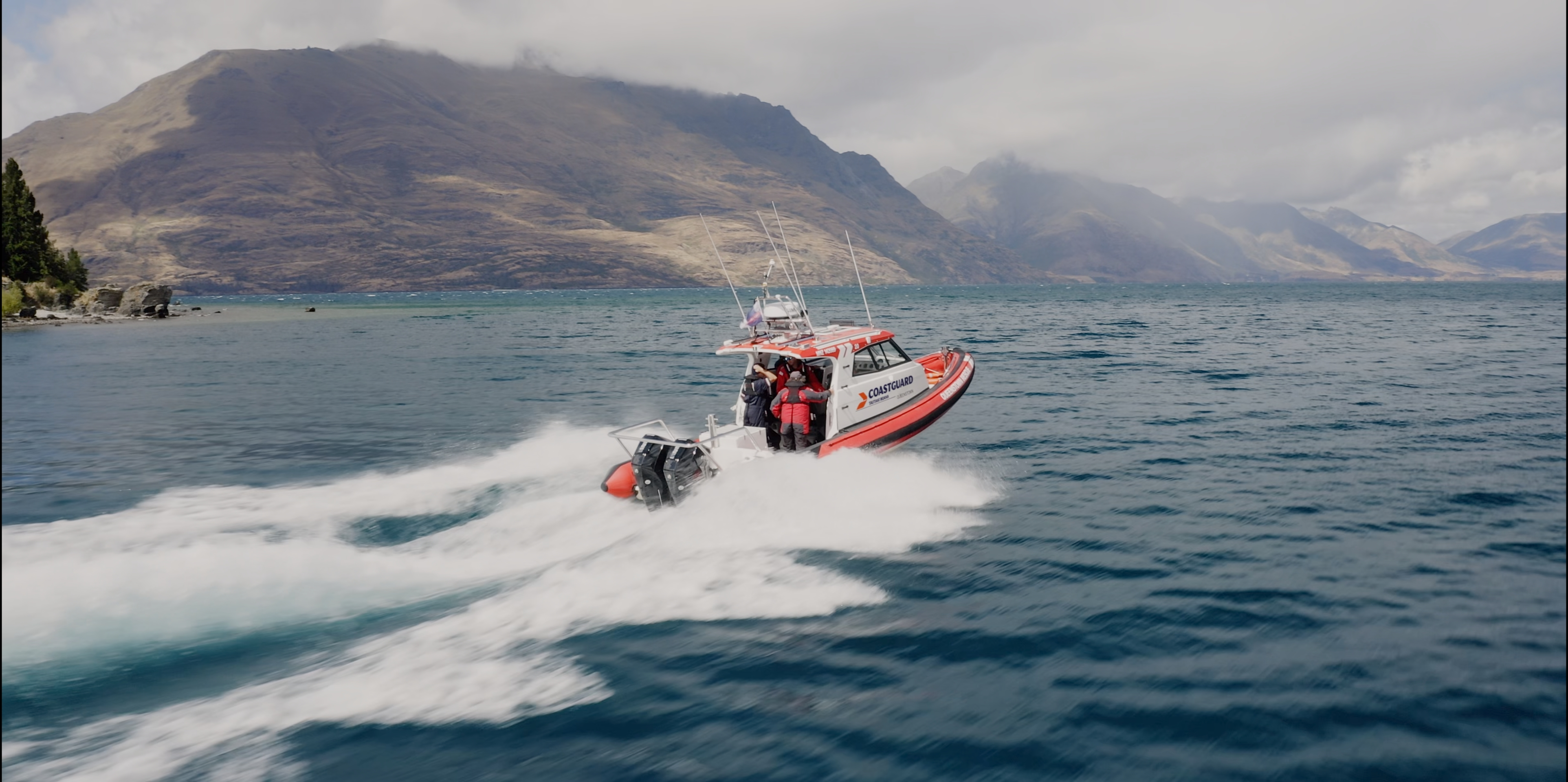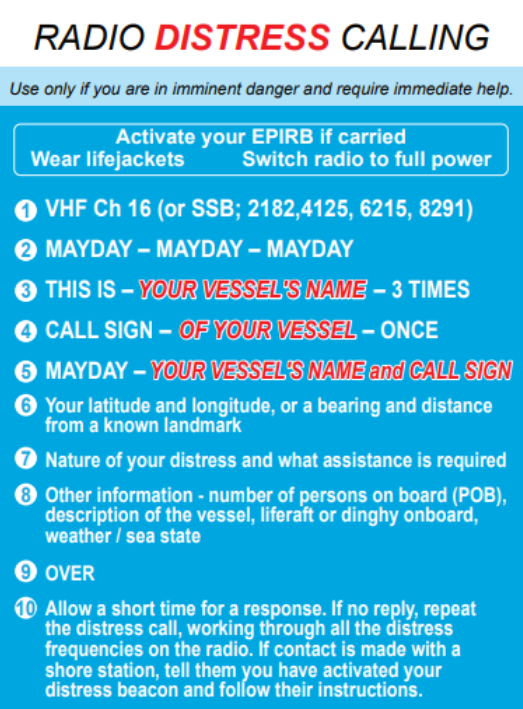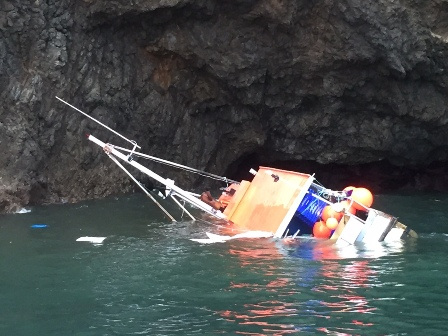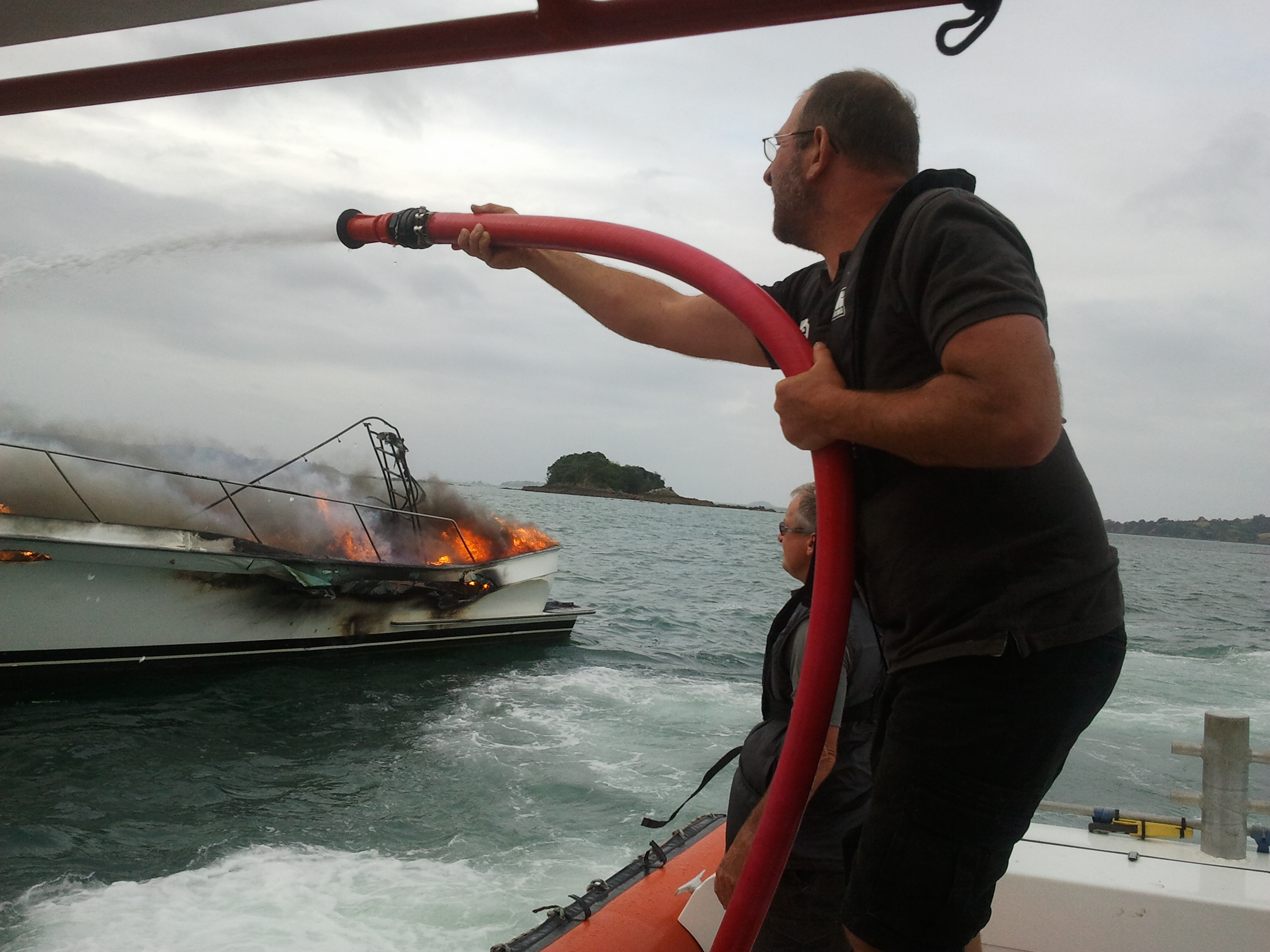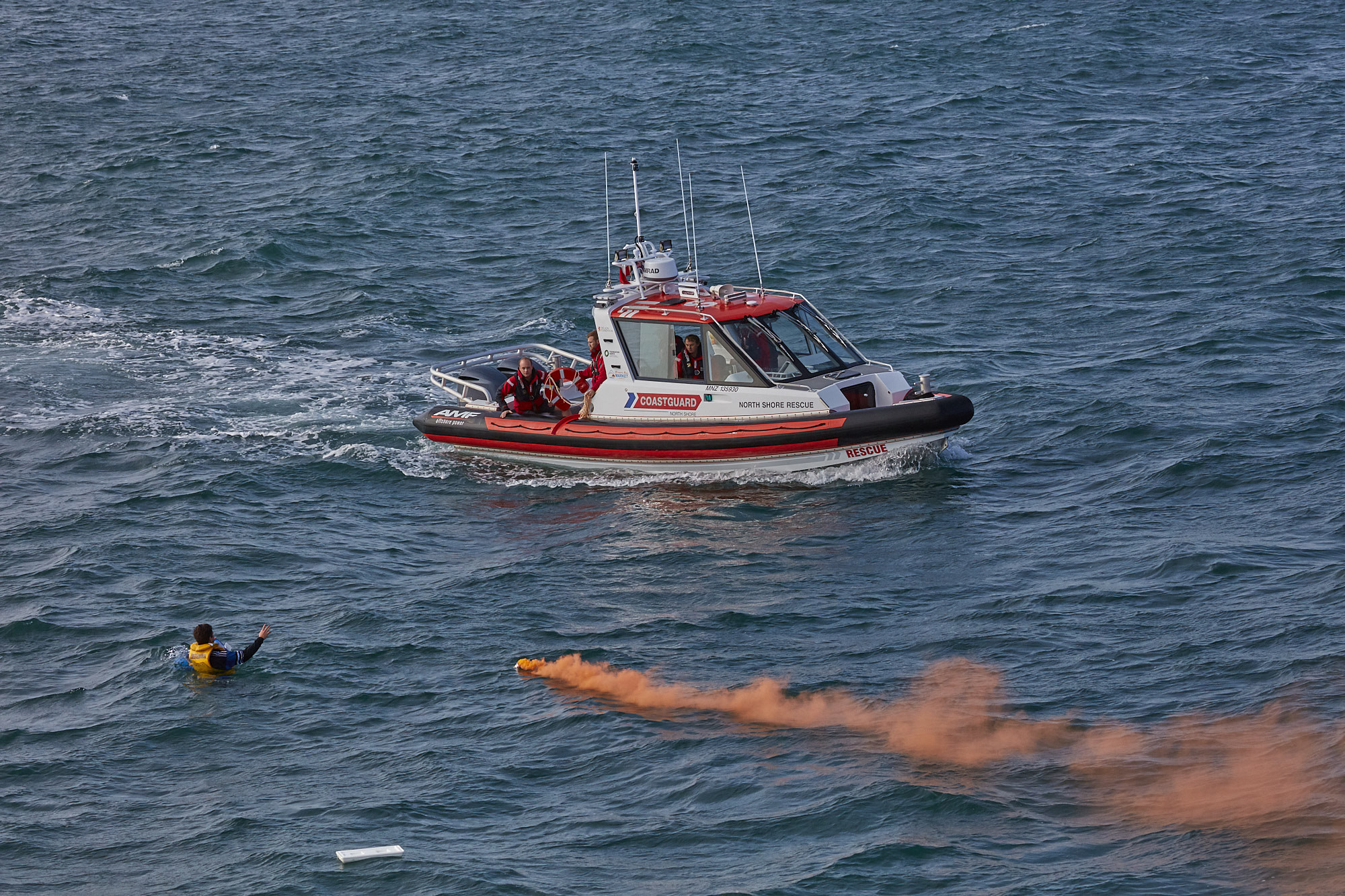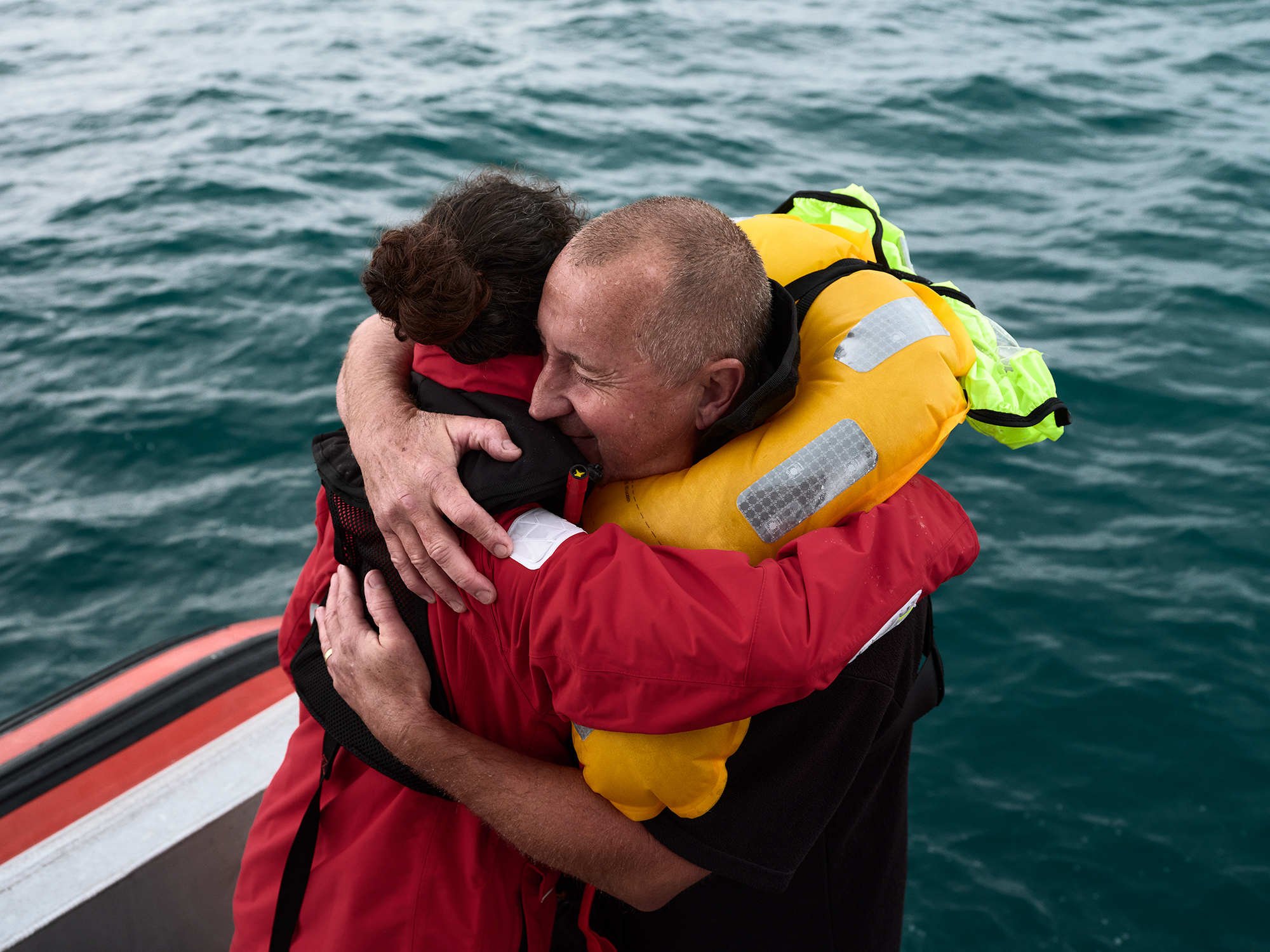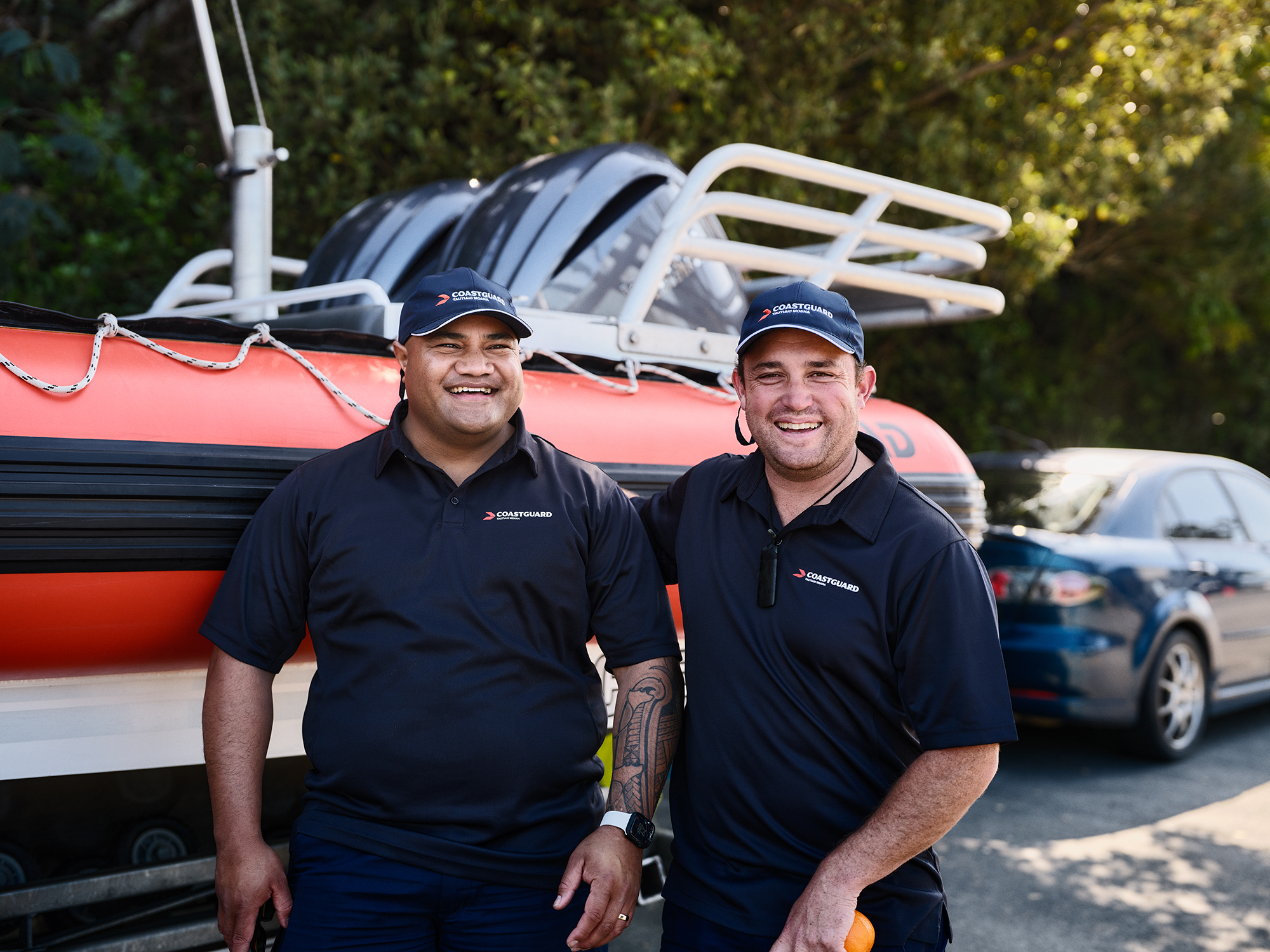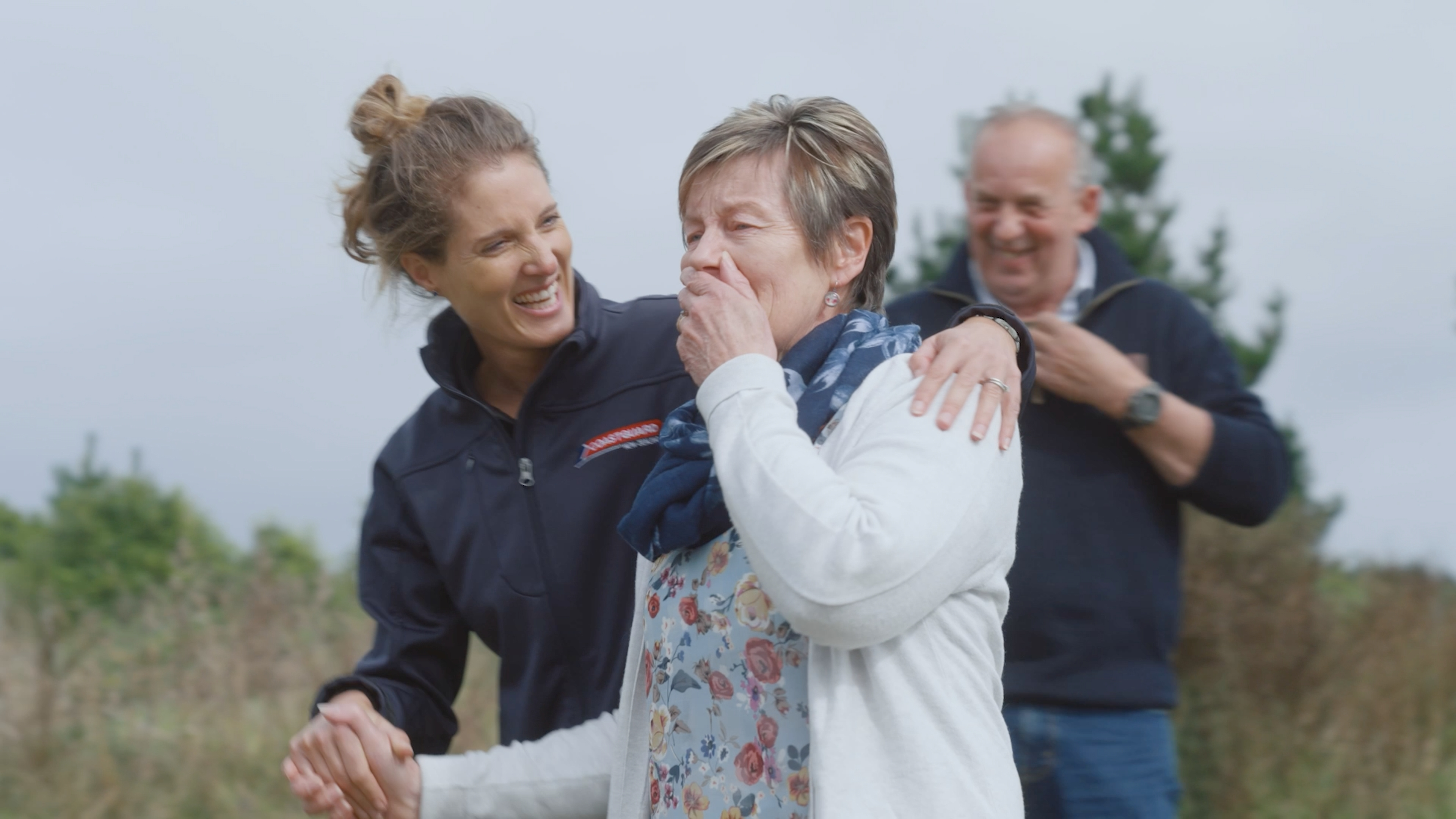For non-urgent assistance such as an electrical problem or mechanical issue, call our Operations Centre on *500 from your mobile phone. If you are a Coastguard member, you'll receive free assistance* (instead of $350 per hour for non-members).
Note: By law you are required to have a Marine VHF radio certificate to use your radio to transmit in any situation that is not deemed an emergency where there is a threat to life or your vessel. You can do a Maritime VHF Operator's Certificate course with our Education team.
